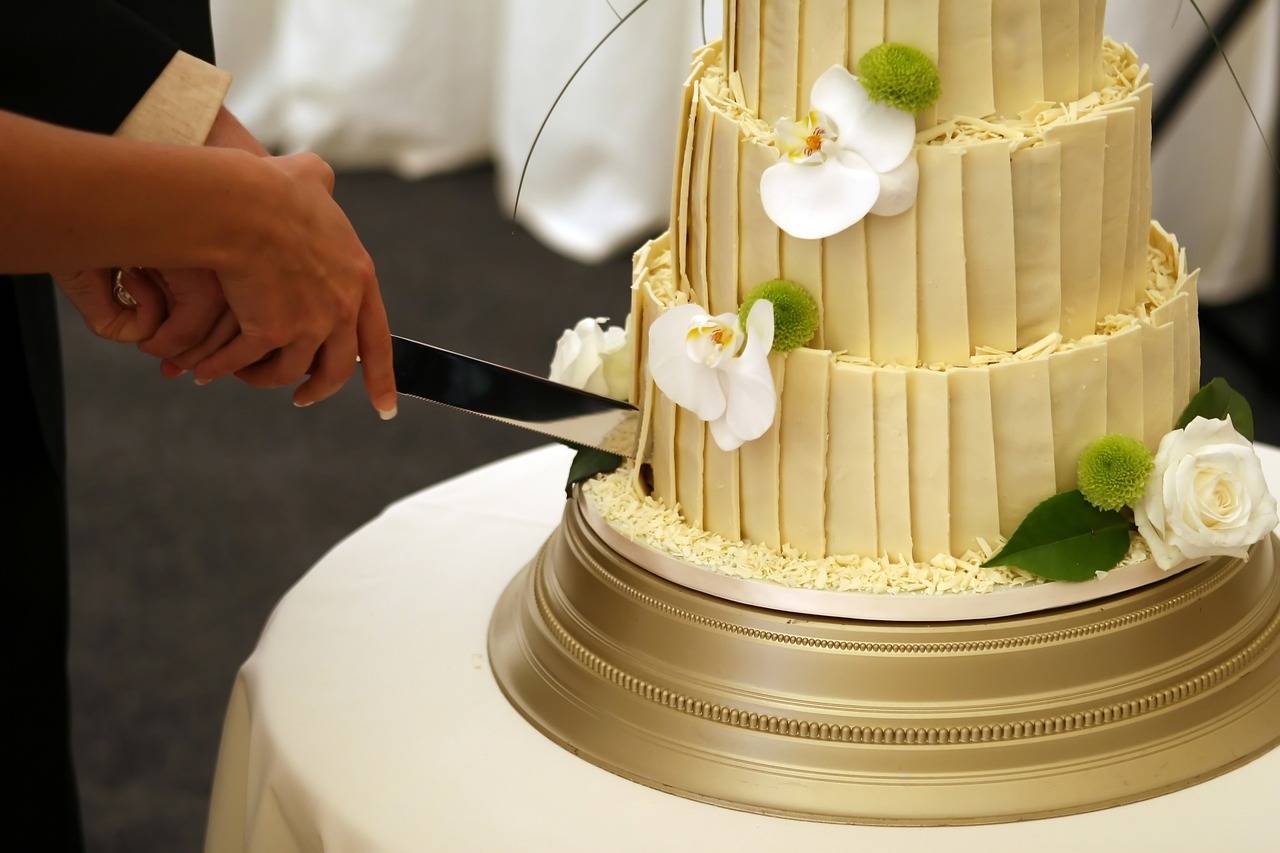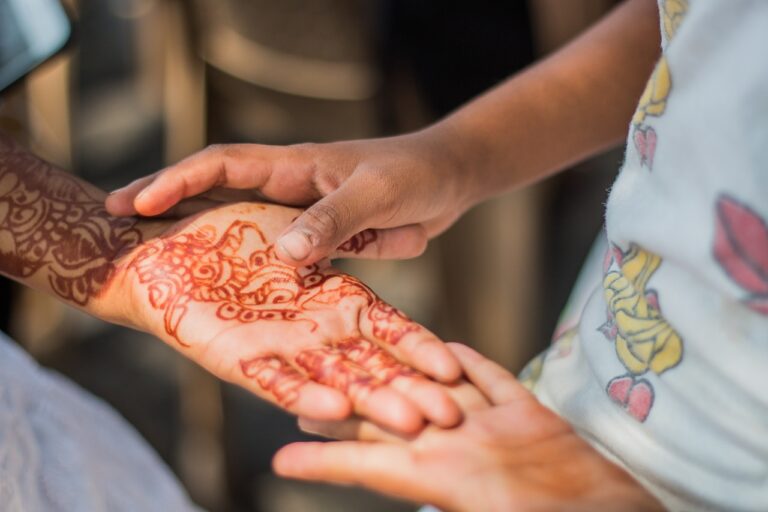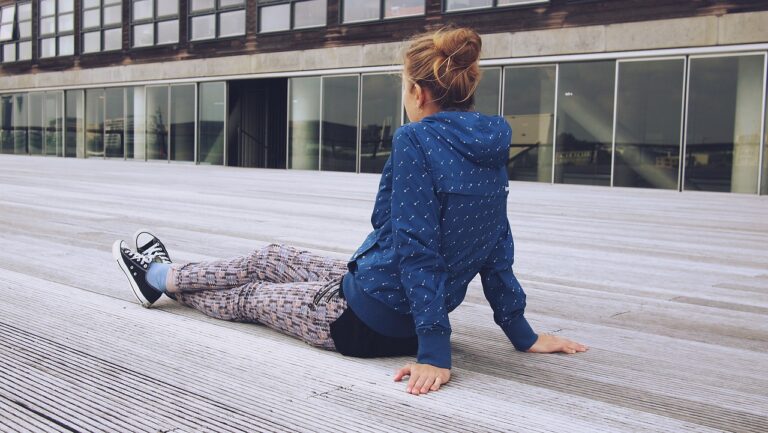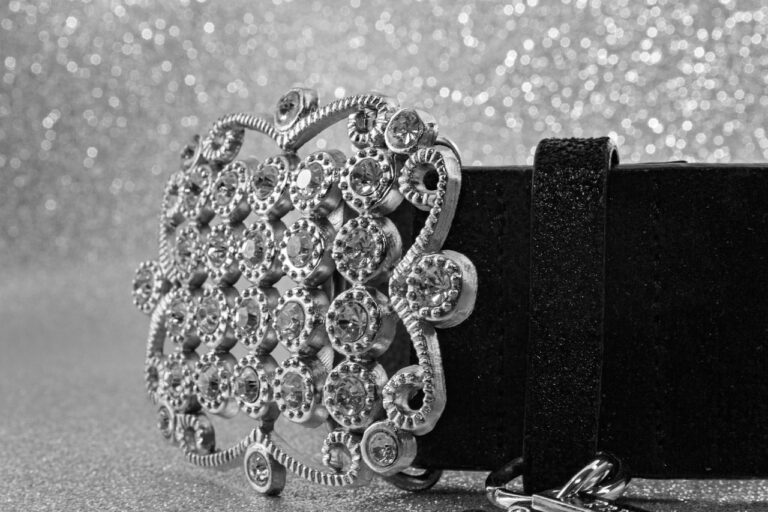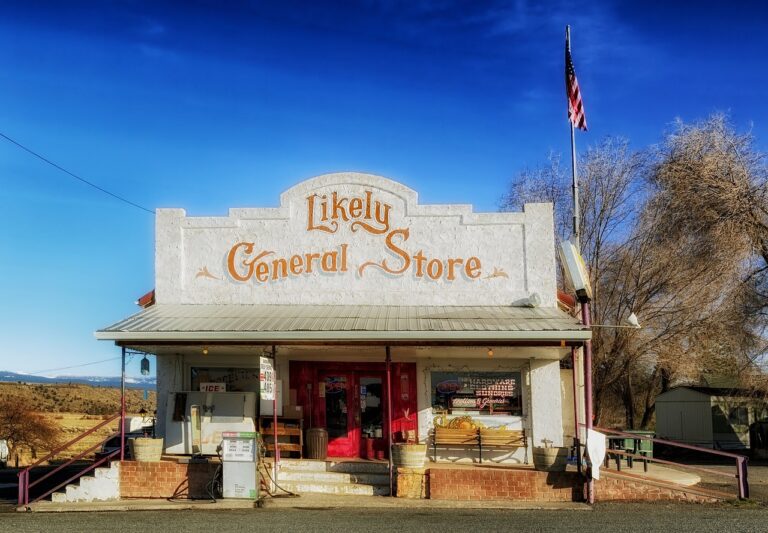The Business of Fashion Events: Planning and Execution: 11xplay id, India24bet 24, Skyfair vip login
11xplay id, india24bet 24, skyfair vip login: The business of fashion events is a multi-billion dollar industry that requires careful planning and execution to ensure success. From fashion shows to trade fairs and product launches, these events are crucial for brands to showcase their latest collections, connect with buyers and consumers, and ultimately drive sales.
Planning a fashion event involves a myriad of tasks, from securing a venue and recruiting models to coordinating with designers and managing the guest list. It requires a keen attention to detail and strong organizational skills to ensure that every aspect of the event runs smoothly.
Execution is equally important, as even the smallest mishap can derail an otherwise well-planned event. From ensuring that the lighting and sound systems are in working order to coordinating backstage operations and managing the flow of guests, there are countless moving parts that must come together seamlessly on the day of the event.
Here are some key steps to consider when planning and executing a fashion event:
1. Define your objectives: Before you start planning your fashion event, it’s important to clearly define your objectives. Are you looking to launch a new collection, attract new customers, or build brand awareness? Understanding your goals will help guide the rest of the planning process.
2. Create a budget: Fashion events can be expensive, so it’s important to create a detailed budget that outlines all of your costs, from venue fees and staffing expenses to marketing and promotional materials. Make sure to build in some contingency funds for unforeseen expenses.
3. Select a venue: The venue you choose will play a significant role in the success of your fashion event. Consider factors such as location, size, and amenities when selecting a venue that aligns with your brand and objectives.
4. Hire a team: Planning a fashion event is a massive undertaking, so it’s important to assemble a team of experienced professionals to help bring your vision to life. This may include event planners, designers, stylists, and PR professionals.
5. Develop a timeline: A detailed timeline is essential for keeping your event on track and ensuring that all tasks are completed on time. Make sure to include deadlines for tasks such as securing sponsors, sending out invitations, and finalizing event logistics.
6. Promote your event: Marketing and promotion are key to attracting guests to your fashion event. Utilize social media, email marketing, and partnerships with influencers and media outlets to generate buzz and drive attendance.
On the day of the event, it’s important to remain calm and adaptable, as last-minute changes and unforeseen challenges are inevitable. Stay focused on your objectives and be prepared to troubleshoot any issues that may arise.
In conclusion, planning and executing a successful fashion event requires careful attention to detail, strong organizational skills, and a team of experienced professionals. By following these key steps and staying focused on your objectives, you can ensure that your fashion event is a memorable and impactful experience for all involved.
—
**FAQs**
1. **How far in advance should I start planning my fashion event?**
It’s recommended to start planning your fashion event at least 6-12 months in advance to allow ample time for securing vendors, promoting the event, and handling any unforeseen challenges.
2. **How can I attract sponsors to my fashion event?**
To attract sponsors to your fashion event, you’ll need to demonstrate the value of partnering with your brand. Highlight the exposure and branding opportunities for sponsors, as well as any potential for collaboration and networking.
3. **What should I consider when selecting models for my fashion event?**
When selecting models for your fashion event, consider factors such as the aesthetic of your brand, diversity and inclusivity, and the ability of the models to showcase your designs effectively on the runway.
4. **How can I measure the success of my fashion event?**
The success of your fashion event can be measured through a variety of metrics, including attendance numbers, media coverage, social media engagement, and ultimately, sales generated as a result of the event.
5. **What are some common pitfalls to avoid when planning a fashion event?**
Some common pitfalls to avoid when planning a fashion event include underestimating costs, failing to secure necessary permits and licenses, neglecting to create a detailed timeline, and overlooking the importance of marketing and promotion.

